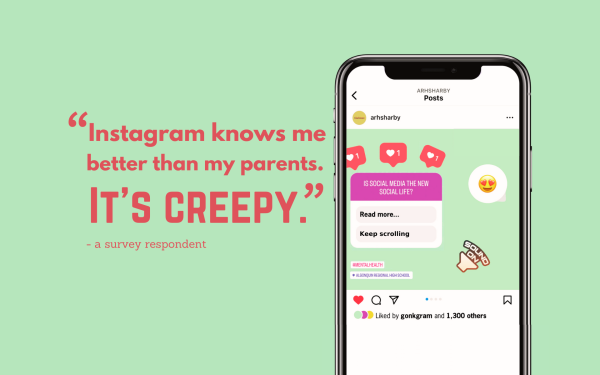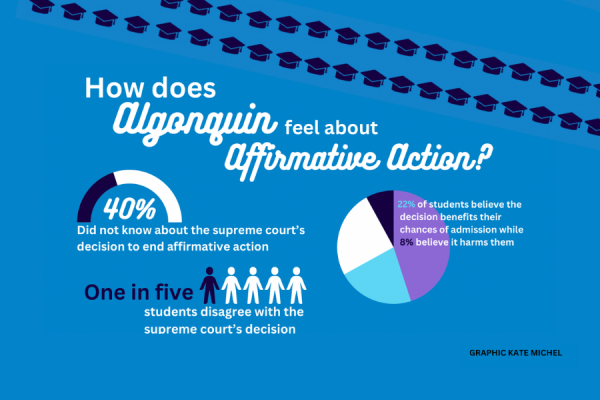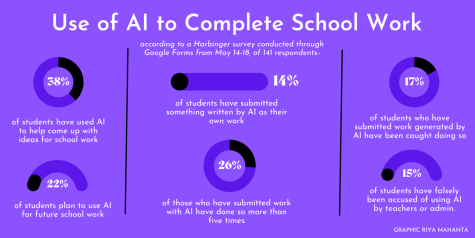Avoiding the reject pile
Experts explain admissions process
As seniors scramble to perfect an application that will hopefully get them into the college of their dreams, many are confused as to what admission counselors actually look for on an application.
Elizabeth Ludovico, Sr. Associate Director of Admissions at Quinnipiac University said, “While we consider a student’s transcript to be one of the most important pieces of information… we certainly consider all pieces of the application.”
Besides reviewing general information, the first part of an application that a college reviews is the academic background.
CollegeData, an online resource for the National Association for College Admission Counseling, collects their information from colleges across the United States and provides a general breakdown of the college application review process. According to CollegeData, “They will review your grades, honors and AP course outcomes, and sometimes class rank. They assess your grades taking into account your high school’s level of academic rigor.”
Next, admissions officers look for students who challenge themselves and are engaged in the community.
Caleb Corse, Assistant Director of The University of Vermont’s Office of Admissions, said, “We look for students who have performed well academically in a challenging curriculum while also pursuing interests outside of the classroom; students who will come to the University and be engaged, active learners who contribute to the overall University community.”
If you find yourself lacking in the extracurricular department, then the essay is another opportunity to show admissions what you plan on bringing to their university.
Kaleigh Durkin, CRC Coordinator and former application reviewer for Bryant University, said, “A personal statement allows students to tell admission counselors something they wouldn’t normally see. Be genuine when writing one, there is no right or wrong answer.”
Lastly, the final part of the review is the letters of recommendation. The letters of recommendation are ranked by CollegeData as “Moderately Important” and may not seem that important to a student, but the letters help colleges get an understanding of how a student truly performs.
“Colleges want an honest professional opinion of your abilities and personality,” CollegeData said.
“Having supporting documents, such as letters of recommendations… help build a picture of who the applicant is, in and out of the classroom,” Ludovico said.
After all of the hard work a student puts into an application, the admissions counselor marks an application with admit, possible, or reject.
CollegeData said, ” If the verdict is a definite admit, your application may skip the second reader and go straight to the admissions director, who reads the applications of all definite admits. A majority of the possibles, the borderline candidates, go to a committee of admissions staff. The committee will know how many definite admits and rejects there are so far. They will choose the rest of the admitted students from among the possibles. The rest will go in the reject pile.”
A donation of $40 or more includes a subscription to the 2024-25 print issues of The Harbinger. We will mail a copy of our fall, winter, spring and graduation issues to the recipient of your choice. Your donation supports the student journalists of Algonquin Regional High School and allows our extracurricular publication to purchase equipment and cover our annual website hosting costs.








